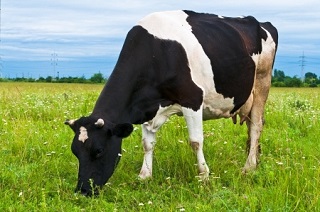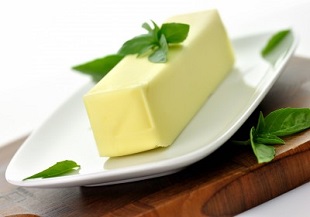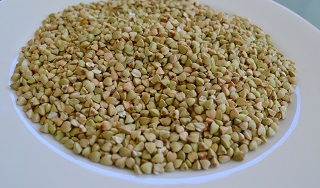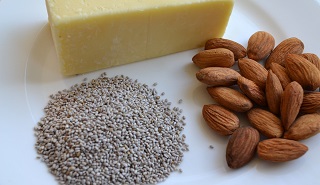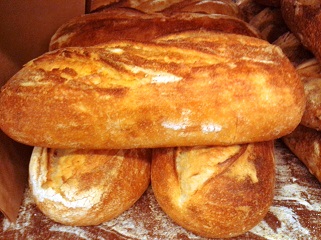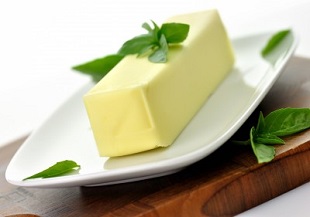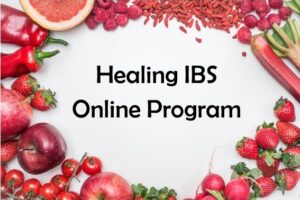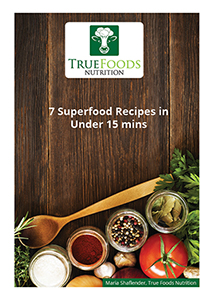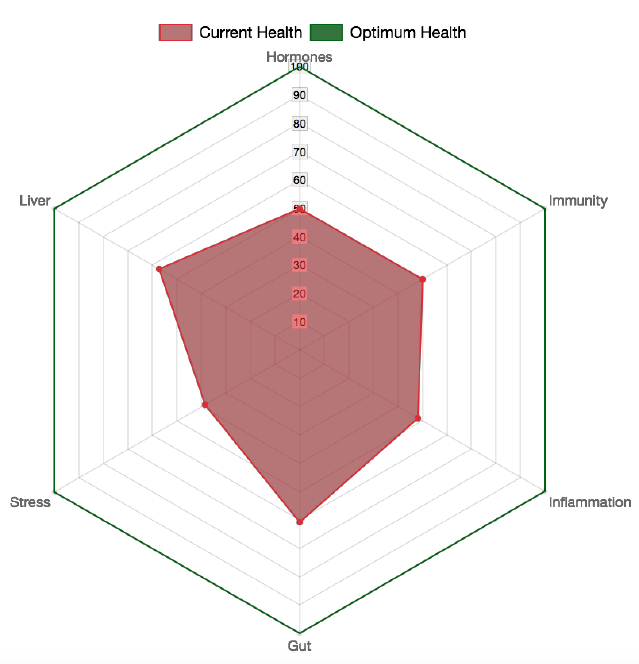I've recently heard an interview with Denise Minger, the author of what is no-doubt going to be a controversial book called 'Death by Food Pyramid'. She was discussing the myriad of health issues we are facing as a society today and the numerous mistakes that we have and are making by following the standard food pyramid. Amongst these is which meats we eat and to use her words, 'we don't get our meat right!' I think she is quite spot on and in all the years of research I've done on the subject, I can say I totally agree. Here are the key 'issues' I believe that surround our meat consumption and what to do about it. Issue 1: We eat meat from animals that are fed
View more-
-
When switching to a wholefoods, traditional foods, Paleo foods and generally a ‘True Foods’ lifestyle, budgetary concerns definitely come up as many people view this way of eating as expensive, indulgent, exclusive, etc. Whilst I truly believe that a commitment to the right way of eating is paramount and definitely worth an investment that I prioritise above many other expenses, I appreciate that budgets still need to be met. So I’ve been doing a lot of reading on what experts in this way of eating recommend when it comes to planning meals on a budget. Budget Tips for Paleo lifestyle This list is a compilation of my own proven and tested ways of saving as well as the top tips from my favourite bloggers, nutritionists and naturopaths (sources
View more -
We've heard it for several decades: saturated fat and cholesterol clog your arteries, make you fat and will give you a heart attack. It's so ingrained in our psyche that we get a bit sweaty looking at our blood results and seeing 'elevated LDL cholesterol' scores. We run home and throw out the butter and the eggs (if these were in the fridge in the first place!) and buy a bottle of canola oil and margarine. Many authors like Gary Taubes and prominent doctors have looked at the research in the last few years and realised that something just doesn't add up. As the cardiologist interviewed in Catalyst said "I was operating on people who had a heart attack and had very low cholesterol!". When people started to
View more -
A few attendees at my recent workshops have asked about buckwheat so I thought it needs a post of its own as it's a pretty special food! I grew up with buckwheat and have found it astounding that it is relatively unknown in Australia. In Russian it's called 'grechka' meaning 'of Greek origin', so quite probably it came to Eastern Europe from Greece, although historically it was widely cultivated in China. This amazing plant is a seed and a relative of rhubarb and sorrel (officially classified as a fruit). Despite the English name for it, it has nothing to do with wheat and is completely gluten free. Buckwheat nutritional benefits It's a great carbohydrate source without the insulin impact. It is very filling. Studies show that it can benefit in management of diabetes,
View more -
We all know that dairy (full fat, raw and grass fed is the best) contains large quantities of calcium. The dairy industry has ensured over the last few decades that dairy is pretty much perceived as the ONLY sources of calcium, which is far from the truth. It's also firmly drummed in the message that calcium is the most important mineral for bone health It is not. Many other factors are vital to ensure bone health is optimal in both children and adults: adequate magnesium intake (richest sources are vegetables, fruit, nuts & seeds) adequate vitamin D and K levels Without vitamin D, calcium doesn't properly mineralise bones. We also want our calcium to actually go to our bones and teeth, not soft tissues like breasts (calcification), kidneys (stones)
View more -
When I explain to friends what a Paleo way of eating is about, I only have to wait for about a minute until the penny drops and they get that look on their face (as if I’m from Venus) and they predictably exclaim ‘You mean you don’t eat bread??’ I always find this amusing, as if the human race can’t possibly survive without this staple, and to avoid eating it is like a heresy equivalent to witchcraft! It’s important to know that despite the fact that in today’s world bread is everywhere and grain products are not only a part of almost every meal, but are an ingredient in the vast majority of processed products, this wasn’t always so! Humans only started cultivating grains around 10,000 years
View more -
The world of sweeteners can be a confusing place! We’ve learnt to manufacture such a variety of fake sugars and industrial low fat foods that many people’s sweet taste has become so elevated we don’t think fruit is sweet any more. Sweetened home- made treats are a source of pleasure, especially for kids (and chocoholics like me!), provided they are used as a special treat and very much in moderation. We just need to choose the right sweeteners. When I guide my clients through the process of giving up sugar, some are ready to go cold turkey, but many are much better at coping with a step by step process where different sweeteners are used to replace sugar. This list is what I recommend in the sweetener
View more -
Butter- it’s been demonised, ostracised, burned at the stake……on high heat!! We feel guilty eating butter.... For the last 30 years we have been consistently told by journalists, doctors and dieticians that butter is evil. It’s the worst food you can eat. Why? Because the fat in it is saturated. And everybody knows that saturated fat will put you straight in the grave from heart disease. In a nutshell. We’ve been scared away from butter as if it is the plague and what have we been told to eat instead? Margarine! A manufactured and (usually) hydrogenated concoction of vegetable oils put in a tub and made spreadable, so it can go nicely on the equally highly processed piece of toast. And what is this wonderful concoction supposed to
View more -
These are books I highly recommend. They will educate about health and nutrition, provide thousands or recipes and explain in a lot of detail why eating nutrient dense wholefoods is essential. ‘Nutrition and Physical Degeneration’, Weston A Price, Price Pottenger Nutrition; 8th edition, 2008 Originally published in 1939 this masterwork showcases Price’s unique insights into anthropology and nutrition. Dr Price was a dentist who travelled the world in the 1930s and documented the diets and health of numerous native peoples, such as Eskimos, isolated Swiss, Australian Aborigines, African and N. and S. American tribes, etc. What he found was that their nutrition which consisted of local nutrient dense foods was THE KEY influence on their dental health as well as their overall health. He found that the
View more

